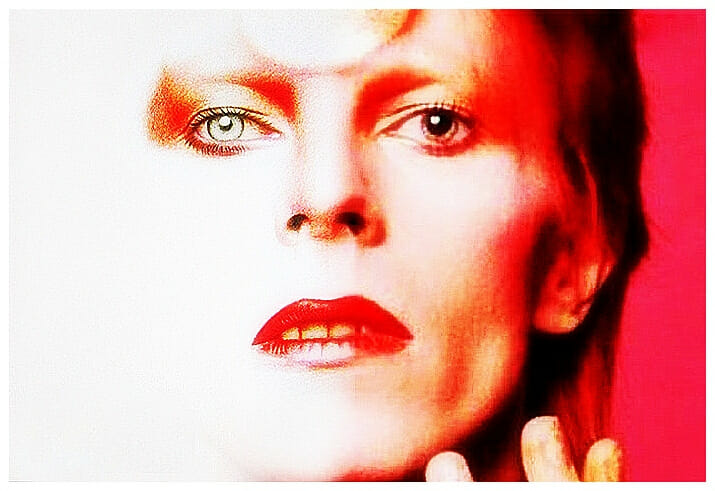Often, people can be romanticized more after deaths than during their time on Earth. David Bowie was the exception to that rule. He was the exception to every rule.
Those who knew Bowie said that he was something special. You can comb through any Bowie interview, and determine that for yourself. You can feel it. He wasn’t like anyone else. It wasn’t his sound, Or the way that he dressed. It was just him. He was, in a way, so incredibly ahead of his time that no one was ready for him. He did more than push boundaries: he shattered society and pieced it back together in his likeness.
In the wake of Bowie’s death this past Sunday, January 10, 2016, there’s been a lot of talk about his music, of course. But talk has stretched far beyond his music. People are emerging from the long-overlooked depths of Bowie’s life to reflect on the ways that he liberated them from the norms that they had so blindly clung to before his influence touched them.
Bowie freed us, as much as he could have, from the idea that people are one thing. In 1972 he said he was gay. In 1976 he said he was bisexual. In 1993 he said that he didn’t ever feel that he was a “real bisexual.” Both his first and second spouses were female. Bowie would not stand to be labeled.
As an androgynous masterpiece, Bowie was never going to limit himself to femininity or masculinity. He embraced them at their intersection. He embodied complexity in the most simplistic way possible. He didn’t care to explain the mystery of his life or his music to anyone.
Arguably, Bowie’s most widely celebrated works out of his total of 26 studio albums were his 1970s releases. Most notably these include Space Oddity (also released as simply David Bowie), Hunky Dory, and The Rise and Fall of Ziggy Stardust and the Spiders from Mars. Songs like “Changes,” “Rebel Rebel,” “Heroes,” “Starman,” “Fame” and countless others have and will continue to survive as the epitome of musical artistry even, and especially, in the wake of Bowie’s passing.
His final album, Blackstar, released on his 69th birthday, only two days before his death, has only furthered the mystery that is and always will be David Bowie. The record somehow maintains the quintessential feel of all of Bowie’s work–that distant and thoughtful energy–but combines it with jazzy overtones that mimic the undertones of some of his early work. It seems to some that the self-proclaimed oddity has come full circle. The album was given new meaning, of course, when the artist passed just after its release. It seems that the riddle of a man that David Bowie was has perpetuated itself.
I could fill this page up with clichés about the tragedy of loss and the cruelty of the universe, but I wouldn’t dare mar the unmatched legacy of David Bowie with any common sentiment. I think that Kate Bush says it best when she says, “I’m struck by how the whole country has been flung into mourning and shock. Shock, because someone who had already transcended into immortality could actually die. He was ours.”
We’ll always miss you, Starman.








